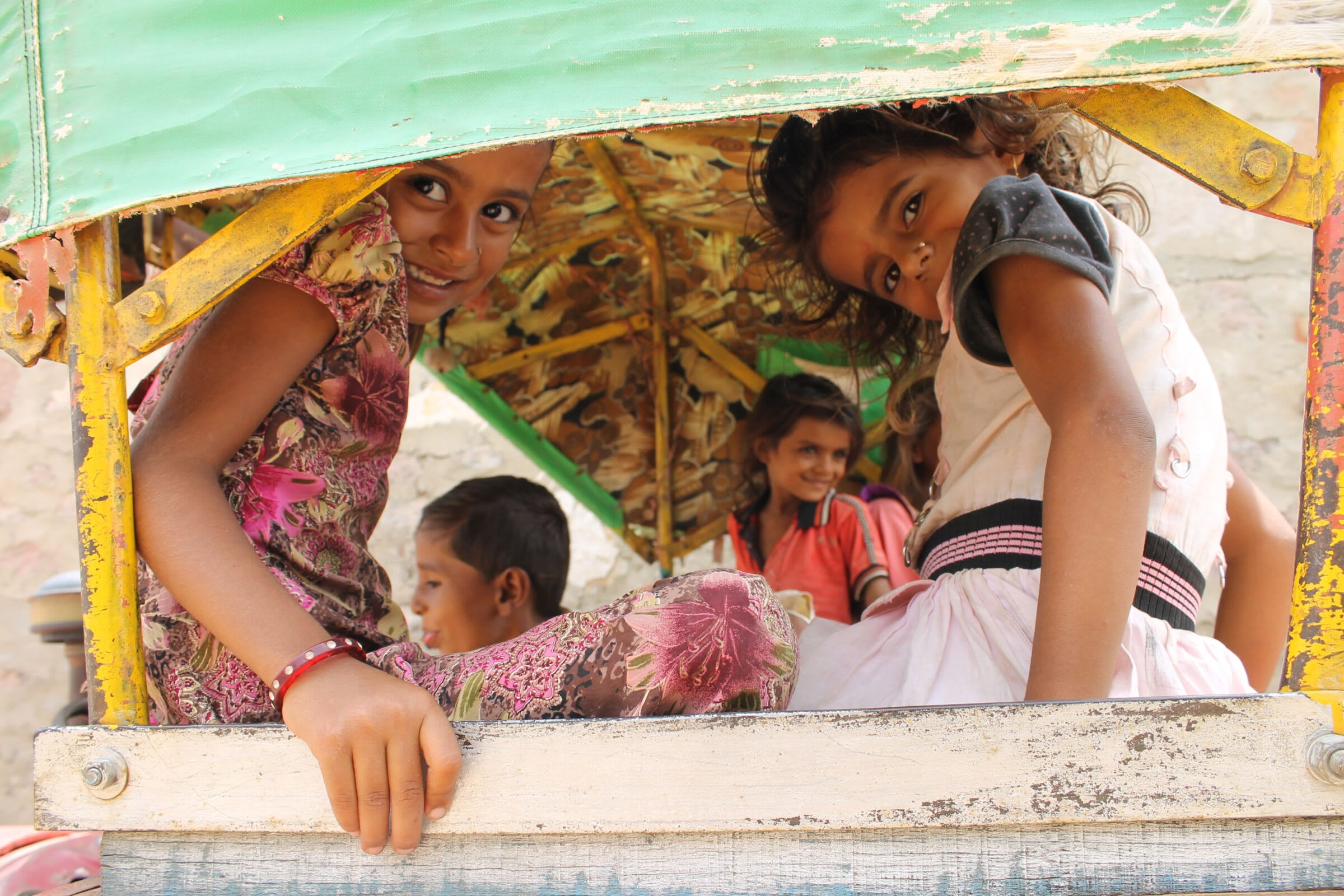
In addition to geophysical and agro-climatic challenges, farmers in Patan also face the generational sizing down of their landholdings due to redundant inheritance laws and traditions. With limited scope for expanding the area under cultivation and slim chances of bolstering the quality and fertility of existing landholdings, marginalized and small-scale farmers are hard-pressed to find alternate means to meet the basic nutritional and economic demands of their families. It is imperative therefore that alternate farming methodologies like increasing livestock productivity through maximizing fodder cultivation are incorporated into traditional agricultural mechanisms. Keeping in view the problems and potentials of agricultural development in the district, Ashray hereby proposes a combination of interventions to enhance the agricultural practices of small and marginal farmers in the region:
While Holiya is a strategic intervention that targets the quality and permeability of soil, and the successive problems of waterlogging and water scarcity in Patan, Napier fodder grass cultivation accelerates climate-resilient fodder production throughout the year. Napier grass is a perennial, tropical, forage crop that is particularly suited to the drought-prone land of Patan and reduces the stress on labor, land, and water resources with its high yield per unit area, drought tolerance, high yield efficiency, and low water and nutrient requirements. Ashray seeks to implement this needs-based solution that shall minimize the demands on the already frugal water and land resources, while also devising a plan to recuperate the quality of the said resources.
Ashray's intervention is designed to deliver support to farmers by addressing the declining quality and increasing salinity of soil and maximizing the land available for use by growing less water and labor-intensive fodder crops like Napier grass. Their multi-pronged approach is committed to resolving the issue of water scarcity, enhancing existing agricultural practices, preventing water-logging situations, and addressing other contributing farming constraints including ecological barriers by initiating suitable, sustainable solutions for the same.
Become a supporter!
Donate or start a fundraiser
